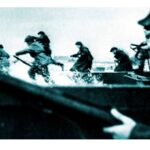
Nelson Mandela, who became the first black president of South Africa after spending 27 years in prison, once said: ‘I learned that courage was not the absence of fear, but the triumph over it. The brave man is not he who does not feel afraid, but he who conquers that fear.’
Today, as we remember our war dead, there is no better time to evaluate the importance of bravery, to cherish it and to try to understand its immense value.
The more I have studied the concept of courage, the more I have concluded that Mandela was quite right. Indeed, the best definition of bravery that I know is from the Merriam-Webster dictionary in the US, which says it is ‘the quality or state of having or showing mental or moral strength to face danger, fear, or difficulty’.
Bravery is an attribute that we would all like to possess – particularly because it is admired so much by others – but what most of us do not know is whether, when faced with a situation that demands great courage, we would be able to display it.
We hope that we would not falter when tested, but in the modern world the opportunities to display valour are few and far between.
The origins of my passion for bravery date back nearly 70 years to when I was a small boy and my late father, Eric – a kind, gentle and modest man – gave me an insight into his experiences as a young lieutenant on June 6, 1944.
Then, aged about ten, I sat wide-eyed as he conjured up the metaphorical smell of fear and the physical smell of vomit as he described his landing craft crashing through the waves on D-Day as he and his men approached Sword Beach.
My father and his commanding officer, Lieutenant Colonel Richard Burbury, had been privately warned to expect up to 75 per cent of casualties – dead and wounded – as they raced up the Normandy beach. In fact, Colonel Burbury was shot dead at my father’s side and my father himself was wounded by shrapnel, although he fought on until ordered from the battlefield.
As a schoolboy, I felt enormous pride that my father had been so courageous in the heat of battle and my long fascination with bravery was born. Some time later, I first heard of something called the Victoria Cross (VC), Britain and the Commonwealth’s premier award for gallantry in the presence of the enemy.
The VC, the George Cross (GC)and other gallantry medals are tangible mementoes of an individual’s service and bravery.
Courage is a truly wonderful quality yet it is so difficult to understand. You can’t accurately measure it, you can’t bottle it and you can’t buy it, but those who display it are, quite rightly, admired by society. Wiser men than me have struggled to comprehend gallantry and what makes some individuals risk – and sometimes lose – their lives for a comrade, a monarch, their country or even for a complete stranger.
The late Brigadier the Right Honourable Sir John ‘Jackie’ Smyth, Baronet, VC, Military Cross, was the founder, first Chairman and later the President of the Victoria Cross and George Cross Association, the group that represents living VC and GC recipients.
With typical wisdom, Sir John once wrote: ‘Who can say whether it takes more courage to attack an angry bull elephant with a spear, than to disarm a very sensitive mine, or to have your toenails pulled out and still disclose nothing, or to dive into a burning aircraft to try to pull out members of the crew when the rescuer was well aware that the plane was carrying bombs which might explode at any moment.’
However, Sir John was also convinced that bravery was expendable, saying, ‘Most people only have a limited amount of it [courage] – and if the pitcher is taken too often to the well, then the well will run dry.’
There is no doubt, for example, that some of the great First and Second World War fighter pilots – men on both sides who were incredibly brave – eventually lost their nerve having been asked to fly too many times in combat.
Even the famous Manfred von Richthofen, better known as the ‘Red Baron’, who achieved a record 80 Great War ‘kills’, was a shadow of his former flamboyant self by the time he was shot down and killed in April 1918.
In the simplest of terms, he had ‘run out’ of courage.
Yet, during my numerous visits to Ukraine over the past three years, I have met many soldiers who have been fighting Russia for more than ten years, since it illegally annexed Crimea in early 2014 and began to carve out swathes of eastern Ukraine.
One of Ukraine’s greatest servicemen, Colonel Denys Prokopenko, the hero of the Mariupol steel works siege during the spring of 2022 and often known by his call-sign of ‘Redis’, explained to me the inspiration for him being able to fight Russians for more than ten years. ‘My motivation will not fade until victory over the world of evil has been achieved.
‘It is always easier to fight on your own land, for Ukrainian values, for your people and cities, than for the occupation forces. Unlike them, we know what we are going into battle for.’
Col Prokopenko is following in the footsteps of his great-grandfather who also fought the Russians in the Soviet-Finnish war. ‘Everyone has their own source of inspiration. For most, it is preserving the territorial integrity and sovereignty of our country. Personally, I will defend the independence of my country at any cost. I do not deny that my motivation is blood revenge, and at the same time it is fuel for continuing the path that I have chosen.
‘If a person is obsessed by purpose, he does not need motivation.’ Emotional sentiments from the heart, for sure.
I do not believe that you can teach an individual to be brave but you can encourage him (or her) to show courage. As Thomas Carlyle, the 19th-Century Scottish philosopher, put it: ‘Tell a man that he is brave, and you help him become so.’ There is no doubt that an inspirational speech on the eve of a battle can help stir the blood of a soldier, sailor or airman.
For example, the speech that Queen Elizabeth I delivered at Tilbury, Essex, on August 9, 1588 arguably changed the course of British history in that it inspired those serving her to go out and defeat the seemingly invincible Spanish Armada.
The Queen told her men: ‘I know I have the body of a weak and feeble woman; but I have the heart and stomach of a king, and of a king of England too, and think foul scorn that Parma or Spain, or any prince of Europe, should dare to invade the borders of my realm.’
Then she finished her address with the words: ‘By your obedience to my general, by your concord in the camp, and your valour in the field, we shall shortly have a famous victory over these enemies of my God, of my kingdom, and of my people.’
I believe there are essentially two types of valour: spur-of the-moment bravery and premeditated courage. I have nothing but admiration for those who display spur-of-the-moment bravery, perhaps a serviceman (or woman) who, in the heat of battle and with his blood up, risks his life to
save a wounded comrade or friend. Indeed, the very first VC action – carried out in 1854 by Charles Lucas while serving on a ship off Finland early in the Crimean War – was a splendid example of spur-of the-moment valour.
A Russian shell landed on the deck of the sailor’s ship, HMS Hecla, with its fuse still hissing. All hands were ordered to fling themselves flat on the deck, but Lucas, then in the rank of Mate, with great presence of mind, ran forward and hurled the shell into the sea, where it exploded before it hit the water.
Thanks to Lucas’s swift actions no one on board was killed or seriously wounded by the shell.
However, I have even more admiration for those who display premeditated, or what I call ‘cold’, courage: for example, members of the Special Forces who are required to go behind enemy lines knowing, if they are caught, they face likely imprisonment, torture or death.
Such ‘cold’ courage is also displayed, time and time again, by bomb-disposal experts. I will never fully understand the sort of pressure that bomb-disposal teams are placed under. However, I have twice spent training days with Explosive Ordnance Disposal operators. My insight into their work has left me with a feeling of total respect for the dangerous and difficult tasks that bomb disposal teams perform.
Frontline medics fall into the same category of displaying pre-meditated courage because they risk their lives on a daily basis to treat the wounded.
I am the proud and humble custodian of the VC and ‘Bar’ medal group awarded to Captain Noel Chavasse for extraordinary gallantry during the Great War, in which he served as a Regimental Medical Officer saving the lives of an estimated 20 men.
Sadly, his second VC award – known as a ‘Bar’ to the original award – was made posthumously to Captain Chavasse, who served with the Royal Army Medical Corps, after he was killed in August 1917 taking incredible risks to treat wounded British servicemen during the Third Battle of Ypres, also known as the Battle of Passchendaele.
The bravery of some men, and women, never ceases to amaze me, including the three men in the history of the VC – Chavasse and two others – who have been awarded the decoration not once but twice. Today, my passion for bravery remains as strong as ever and, less than 40 years after purchasing my first VC, I own well over 200 of the decorations. It is the largest collection of VCs in the world and, by going on public display at the Imperial War Museum, it champions the importance of valour to millions of people.
Courage is the quality that enables individuals to take risks, face challenges and confront fears. Without showing bravery, a man (or woman), cannot pursue his dreams. However, with courage, anything is possible.
To me, bravery is the greatest quality an individual can display and this is why I believe it is so important to remember our war dead at this time, particularly those who have given their lives carrying out acts of great gallantry.
I believe that this weekend is the perfect moment to recall the words of Aristotle, one of the world’s greatest philosophers. As long ago as the 4th Century BC, he said: ‘Courage is the first of human qualities because it’s the quality which guarantees the others.’
Nearly two and a half thousand years later, it was the great wartime Prime Minister Sir Winston Churchill who, effectively, echoed the words of the Greek philosopher when he said: ‘Without courage, all other virtues lose their meaning.’
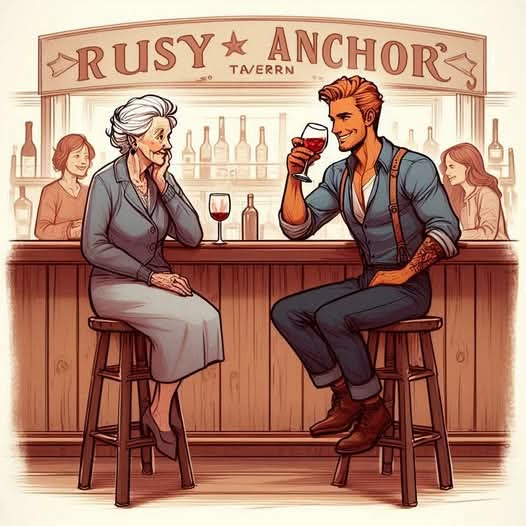
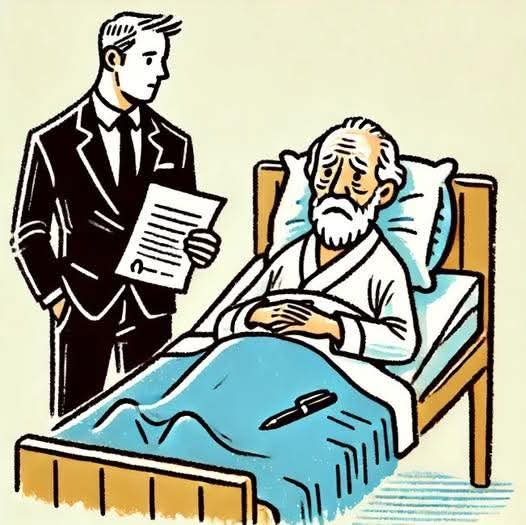
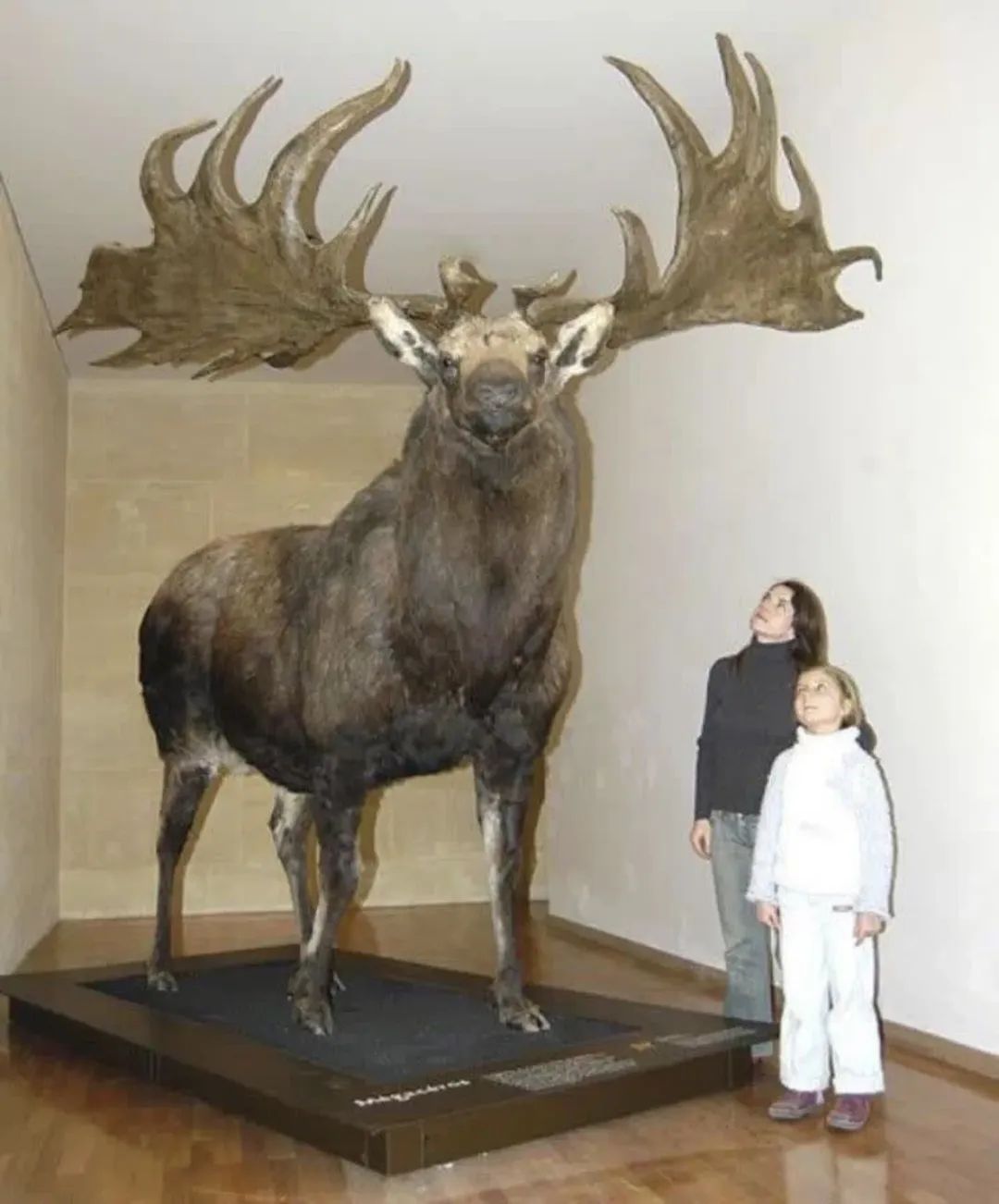
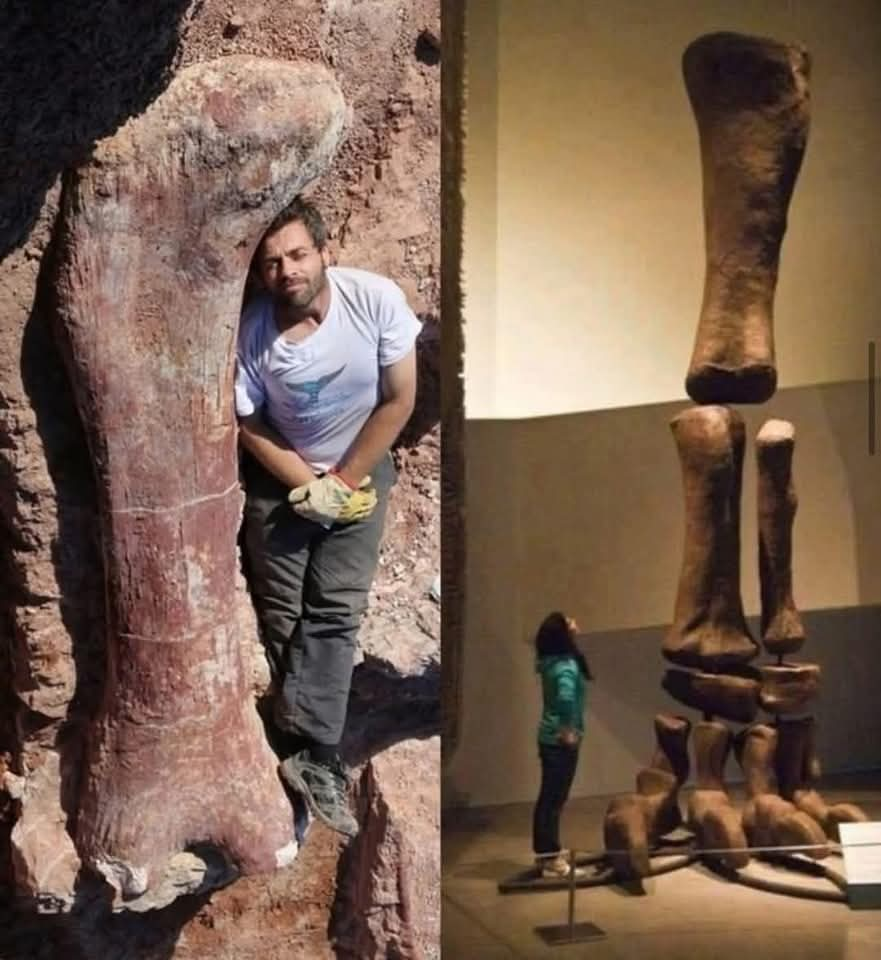
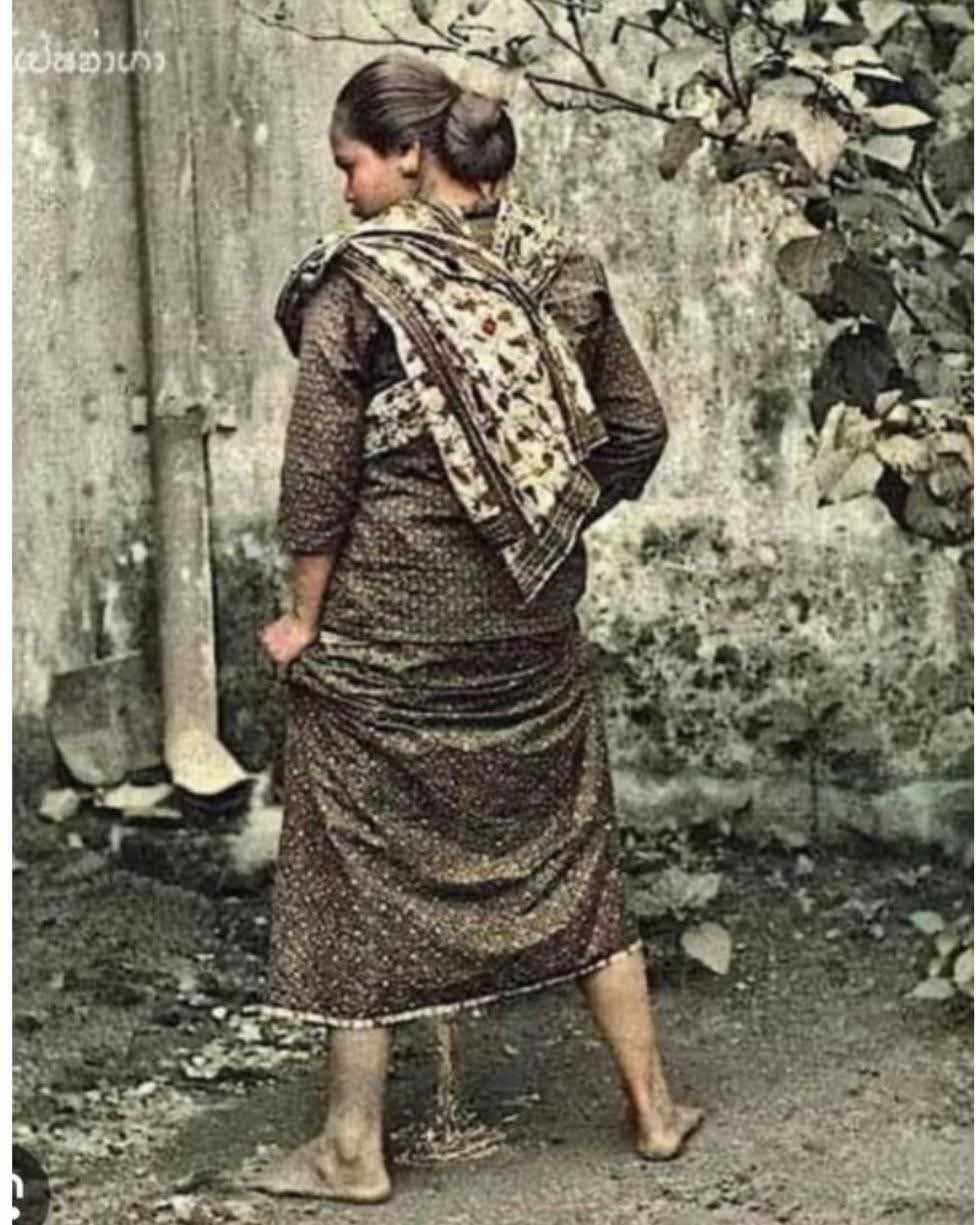
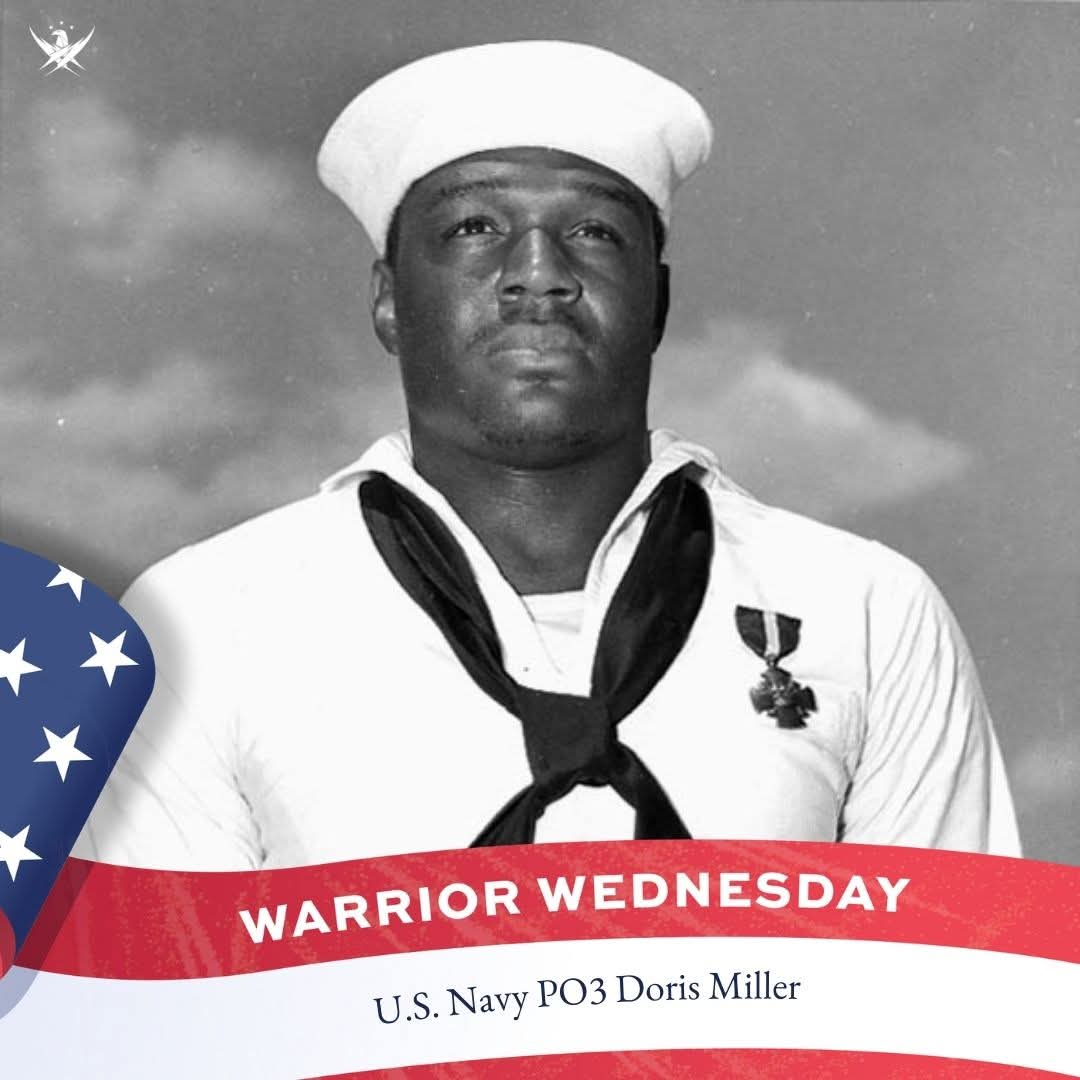
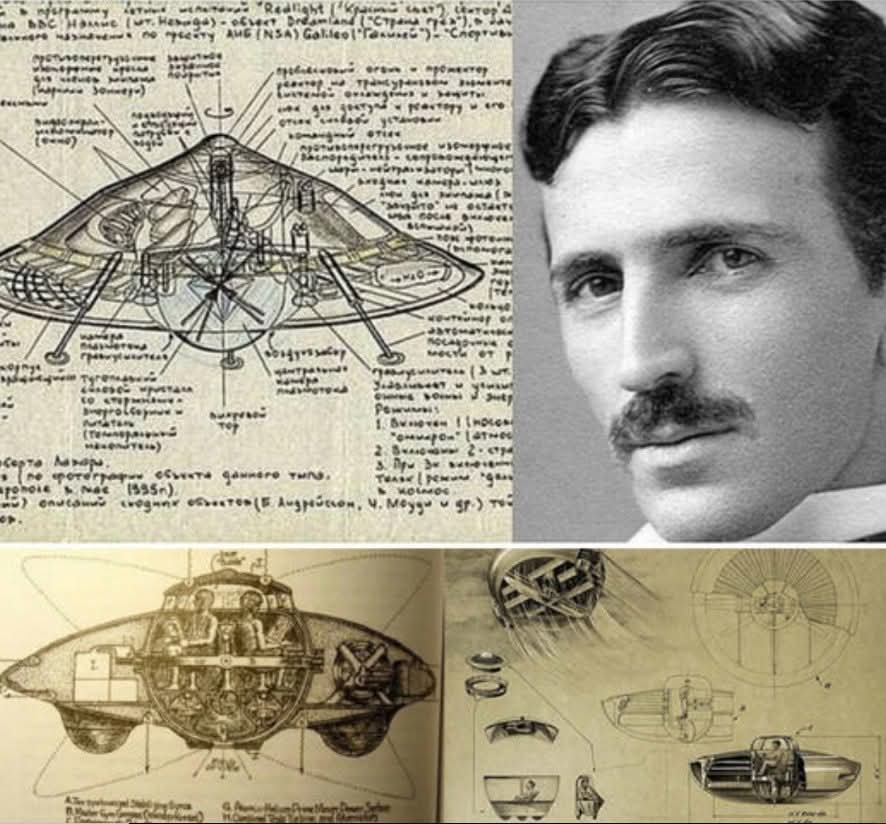
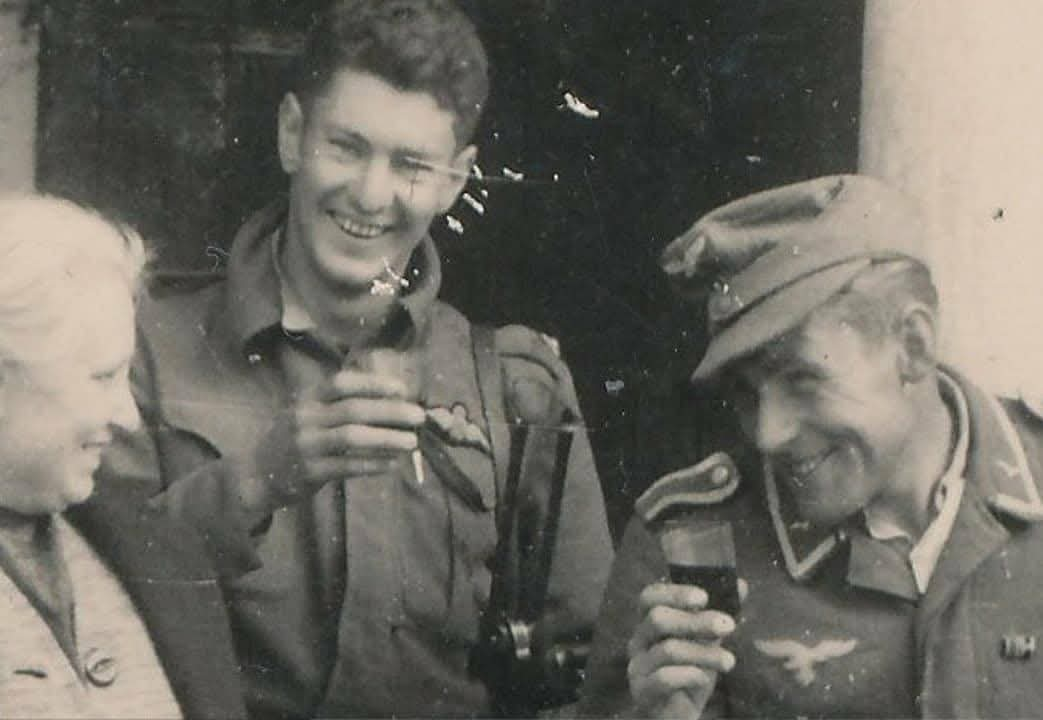
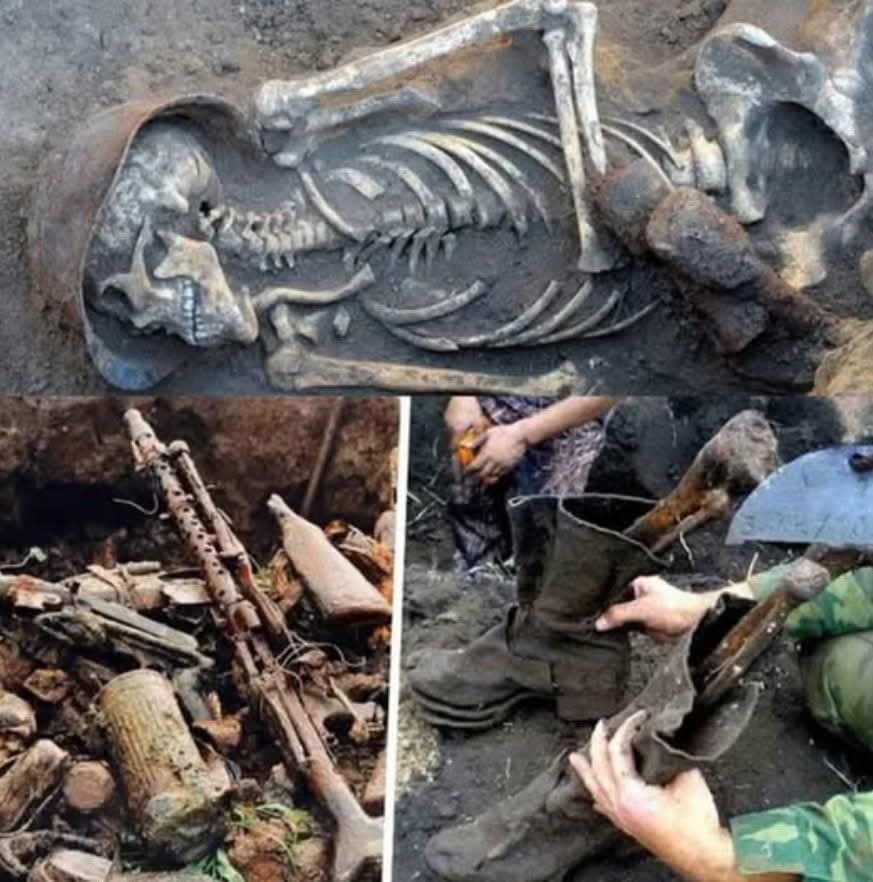
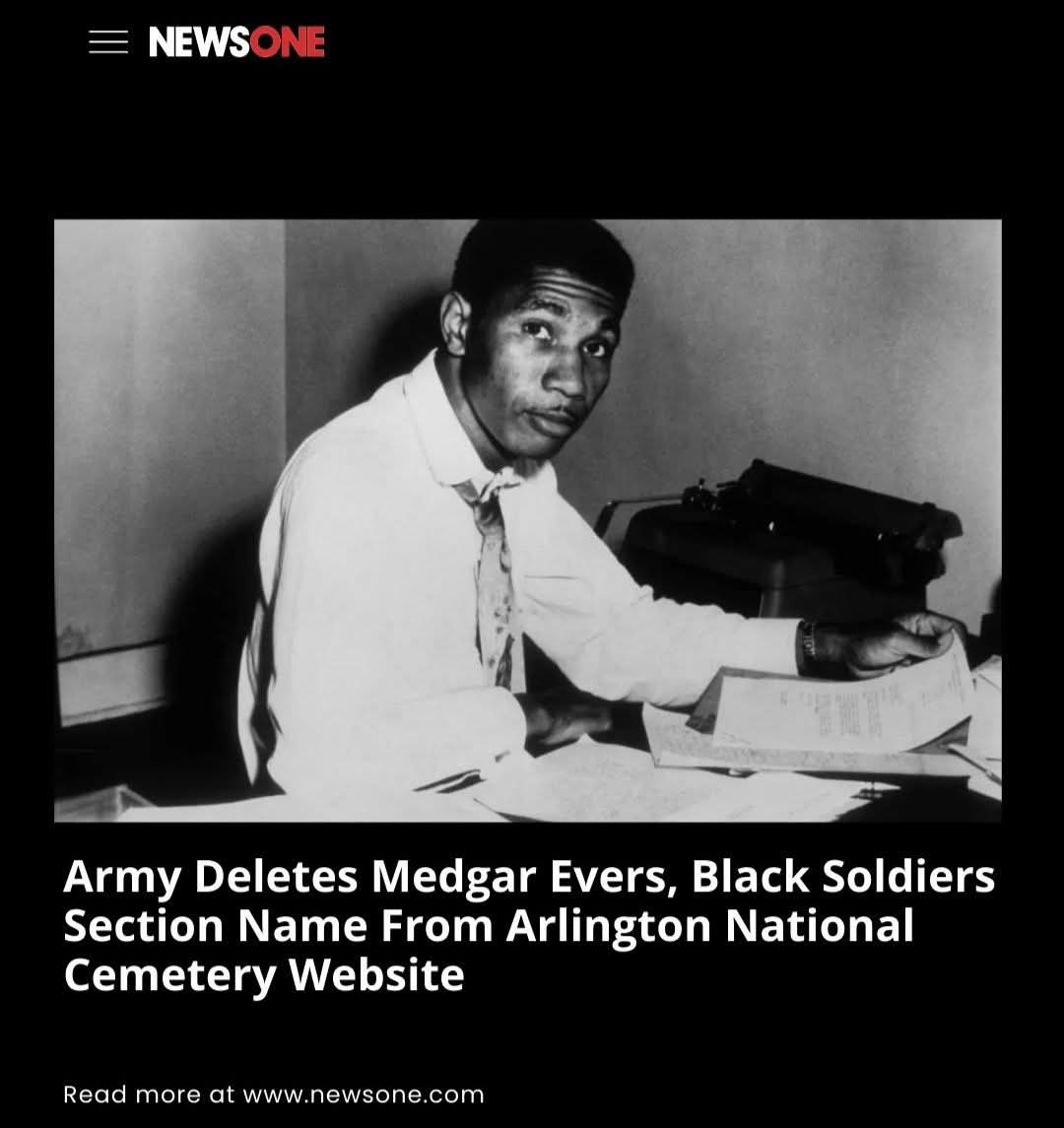
Leave a Reply